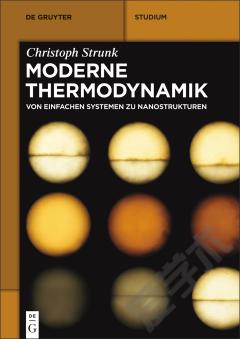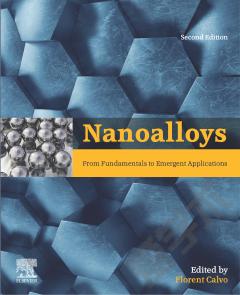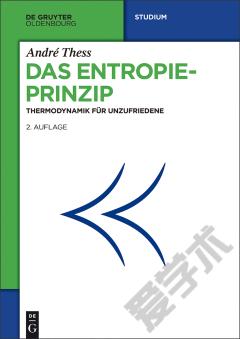Extended Non-Equilibrium Thermodynamics —— From Principles to Applications in Nanosystems
----- 扩展的非平衡热力学:纳米系统从原理到应用
Extended Non-Equilibrium Thermodynamics provides powerful tools departing not from empirical or statistical considerations but from fundamental thermodynamic laws, proposing final solutions that are readily usable and recognizable for students, researchers and industry. The book deals with methods that allow combining easily the present theory with other fields of science, such as fluid and solid mechanics, heat and mass transfer processes, electricity and thermoelectricity, and so on. Not only are such combinations facilitated, but they are incorporated into the developments in such a way that they become part of the theory. This book aims at providing for a systematic presentation of Extended Non-Equilibrium Thermodynamics in nanosystems with a high degree of applicability. Furthermore, the book deals with how physical properties of systems behave as a function of their size. Moreover, it provides for a systematic approach to understand the behavior of thermal, electrical, thermoelectric, photovoltaic and nanofluid properties in nanosystems. Experimental results are used to validate the theory, the comparison is analysed, justified and discussed, and the theory is then again used to understand better experimental observations. The new developments in this book, being recognizable in relation with familiar concepts, should make it appealing for academics and researchers to teach and apply and graduate students to use. The text in this book is intended to bring attention to how the theory can be applied to real-life applications in nanoscaled environments. Case studies, and applications of theories, are explored including thereby nanoporous systems, solar panels, nanomedicine drug permeation and properties of nanoporous scaffolds. 銆€ Explores new generalized thermodynamic models Provides introductory context of Extended Non-Equilibrium Thermodynamics within classical thermodynamics, theoretical fundamentals and several applications in nanosystems Provides for a systematic approach to understand the behavior of thermal, electric, thermoelectric and viscous properties as a function of several parameters in nanosystems Includes reflections to encourage the reader to think further and put the information into context Examines future developments of new constitutive equations and theories and places them in the framework of real-life applications in the energetic and medical sectors, such as photovoltaic and thermoelectric devices, nanoporous media, drug delivery and scaffolds
{{comment.content}}








 京公网安备 11010802027623号
京公网安备 11010802027623号